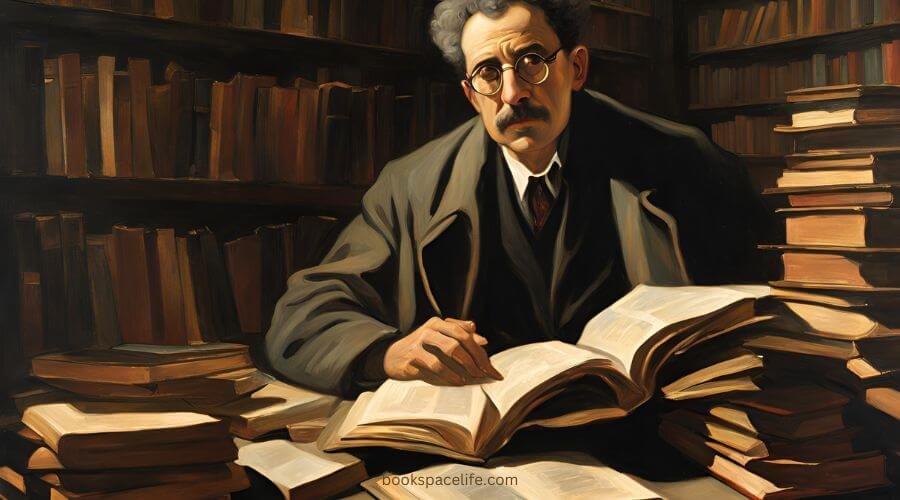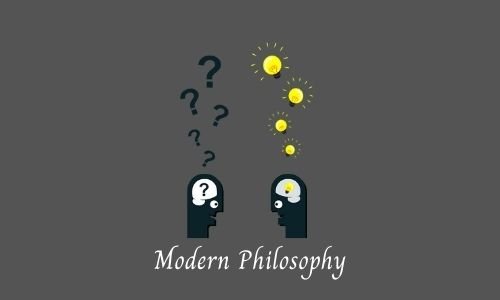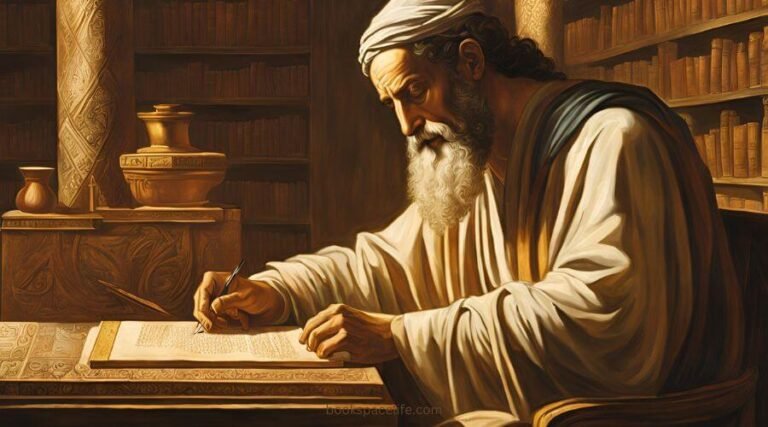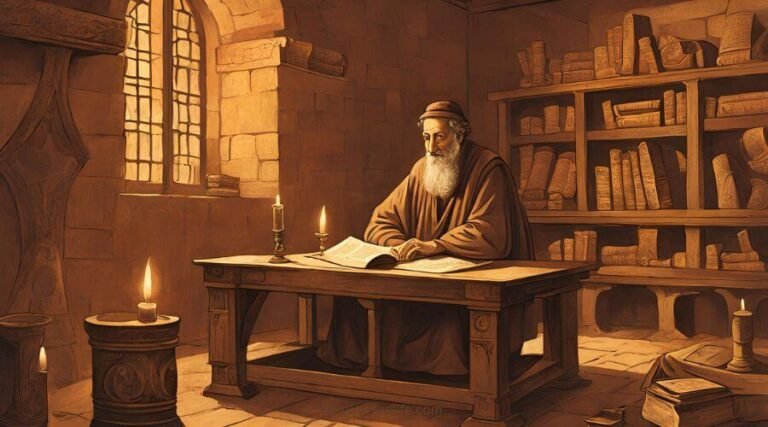Philo of Alexandria
Walter Benjamin: A Revolutionary Thinker at the Intersection of Art, History, and Philosophy
Walter Benjamin (1892 – 1940 CE) is often regarded as one of the most brilliant and enigmatic philosophers of the 20th century.
His work spanned a wide range of disciplines, from literature and aesthetics to history and theology, and he is particularly known for his contributions to critical theory, cultural criticism, and the philosophy of history.
Despite his relatively short life, his intellectual legacy has had a profound impact on philosophy, literature, and the arts.
Benjamin’s ability to merge philosophy with art criticism and historical materialism set him apart from many of his contemporaries, and his ideas continue to shape contemporary thought.
Table of Contents
(1) Early Life and Education
Walter Benjamin was born on July 15, 1892, into a middle-class Jewish family in Berlin, Germany. His family was intellectual and well-to-do, and Benjamin’s early years were shaped by a stimulating cultural environment.
His father, a successful businessman, had a great influence on his early intellectual development, and Benjamin’s mother, a well-read and thoughtful woman, also played a role in nurturing his curiosity.
Benjamin was a precocious child, and his education began early. He attended the Humboldt University of Berlin, where he studied philosophy, literature, and history.
One of the defining features of his academic career was his diverse range of interests. He was drawn to the works of German idealists, particularly Immanuel Kant and G.W.F. Hegel, as well as Marxist theory, which would become a cornerstone of his later work.
Benjamin was particularly influenced by his studies of German Romanticism, Jewish mysticism, and early Marxist thought.
These influences can be seen throughout his writing, from his works on aesthetics and art to his writings on the philosophy of history.
His exposure to a wide range of intellectual traditions allowed him to synthesize these ideas in ways that were innovative and interdisciplinary.
(2) Travels and Intellectual Development
In his early years, Benjamin traveled extensively throughout Europe. His travels took him to Paris, Vienna, and other European intellectual centers, where he absorbed new ideas and developed his unique philosophical perspective.
During these travels, Benjamin became familiar with key figures in the European avant-garde movements, particularly in the fields of literature and art.
Benjamin’s travels were also significant in the context of his growing interest in Jewish mysticism and Kabbalah.
He studied the works of German-Jewish thinkers like Franz Rosenzweig and Martin Buber, who had a profound influence on his understanding of Jewish identity and thought.
Benjamin’s engagement with Jewish thought was deeply personal, and it shaped much of his later work, particularly his writings on history and messianism.
During the early 1920s, Benjamin moved to Berlin, where he began to engage with the emerging Frankfurt School and Marxist theory.
Though he was never a full member of the Frankfurt School, his work shared many common themes with their critical theory, particularly his critique of capitalist modernity, his focus on the cultural and ideological dimensions of society, and his interest in the relationship between history and politics.
(3) Philosophy and Key Concepts
Walter Benjamin’s philosophical work is known for its breadth and complexity. One of the central themes in Benjamin’s work is his exploration of the concept of history and how it is constructed. In his famous essay, “Theses on the Philosophy of History” (1940), Benjamin introduced his radical rethinking of history, which has become one of his most influential ideas.
He critiqued the dominant historical materialism of his time, particularly the deterministic interpretations of history that sought to see the historical process as a linear progression of cause and effect.
Instead, Benjamin argued for a more dialectical approach to history, one that recognized the contingencies and ruptures in historical development.
In his “Angel of History” image, which is one of the most well-known aspects of his work, Benjamin imagined history as a storm that blows the angel backward, unable to resist the force of progress.
The image symbolized his belief that history was often a process of destruction and catastrophe, rather than linear progression toward improvement or enlightenment.
For Benjamin, history was not a smooth narrative but a series of ruptures and breaks, each containing potential for redemption.
Benjamin was also deeply concerned with the ways in which history and memory are mediated.
In his essay “The Work of Art in the Age of Mechanical Reproduction” (1935), he examined how the mass production of art, through photography and film, altered our relationship to aesthetic objects.
In a world where art can be endlessly reproduced, Benjamin argued, the aura of unique, original works of art is diminished.
This essay was an early exploration of the ways in which technology and modernity had transformed not only art but the entire cultural landscape.
Another major theme in Benjamin’s work was his critique of capitalist society and its impact on culture.
Drawing on Marxist thought, Benjamin critiqued the commodification of art and culture, arguing that under capitalism, art’s role in society had been reduced to that of a commodity, stripped of its deeper, spiritual meaning.
His work anticipated many of the concerns that would later be central to critical theory and cultural studies, such as the ways in which ideology shapes culture and the experience of modernity.
Benjamin’s engagement with Jewish mysticism and messianic thought also played a crucial role in his work.
He was fascinated by the idea of redemption and the possibility of a radical break with the present. In his writings, Benjamin often invoked the notion of a messianic moment, a sudden, transformative event that could disrupt the status quo and bring about a radical shift in history.
His focus on the messianic and the revolutionary was part of his broader critique of bourgeois society and his desire to imagine a different kind of future.
(4) Influence and Impact
Despite his relatively short life—he tragically died by suicide in 1940 while fleeing the Nazis—Walter Benjamin’s work has had an enduring impact on a wide range of academic disciplines.
His innovative ideas on art, history, memory, and culture have been instrumental in the development of fields like cultural theory, critical theory, and media studies.
One of the most significant aspects of Benjamin’s legacy is his influence on the Frankfurt School, particularly thinkers like Theodor Adorno and Max Horkheimer.
His work on the commodification of culture, the loss of art’s aura in the age of mass production, and his critique of historical materialism were deeply influential in shaping the development of critical theory.
Benjamin’s essay “The Work of Art in the Age of Mechanical Reproduction” remains a cornerstone of cultural studies and media theory, and his analysis of how technological advancements change our perception of art has influenced subsequent debates on the role of technology in society.
In addition to his influence on critical theory, Benjamin’s work has been foundational in the development of postmodern and poststructuralist thought.
His exploration of history as a discontinuous, fragmented process resonated with later thinkers like Michel Foucault and Jacques Derrida, who also critiqued the idea of a linear, progressive historical narrative.
His work on the “dialectical image” and the relationship between history, memory, and language provided a rich foundation for later developments in both philosophy and literary theory.
Benjamin’s work on Jewish mysticism and his engagement with Kabbalistic thought have also had a lasting impact on contemporary Jewish philosophy and theology.
His interest in the messianic and the possibility of radical transformation continues to be influential in Jewish thought today.
Scholars have increasingly recognized the importance of Benjamin’s Jewish identity in shaping his philosophical outlook, and his work continues to inspire Jewish thinkers who seek to engage with the tradition in a critical, revolutionary way.
(5) Legacy and Conclusion
Walter Benjamin’s life and work remain a testament to the power of intellectual exploration and the potential for philosophy to challenge dominant cultural and political norms.
His radical rethinking of history, culture, and art has had an enduring influence on a wide range of academic fields, and his critiques of capitalism, modernity, and ideology continue to resonate with contemporary scholars and activists.
Benjamin’s work is marked by its complexity and its commitment to thinking outside the established intellectual paradigms of his time.
Whether through his critique of art in the age of mechanical reproduction, his radical understanding of history, or his exploration of Jewish mysticism and messianic thought, Benjamin’s legacy is one of intellectual innovation and boldness.
His untimely death in 1940, while fleeing Nazi persecution, marked the tragic end of a life that had so much potential for further philosophical exploration.
Yet, his writings have endured, inspiring generations of thinkers and artists across disciplines. Walter Benjamin remains one of the most visionary and influential philosophers of the 20th century, a true revolutionary thinker whose work continues to shape contemporary intellectual life.








